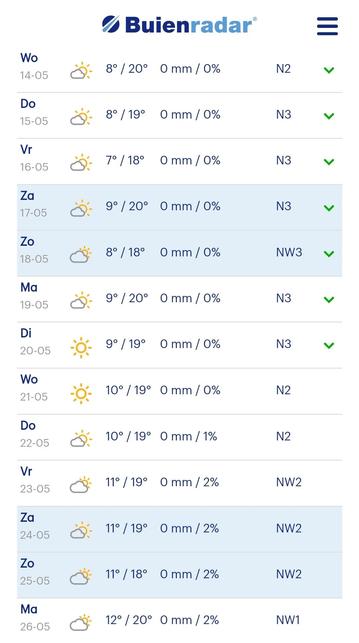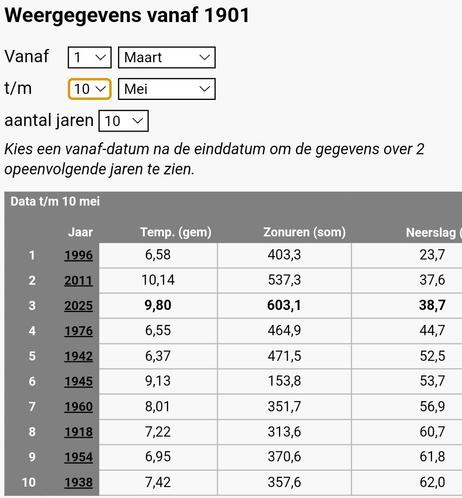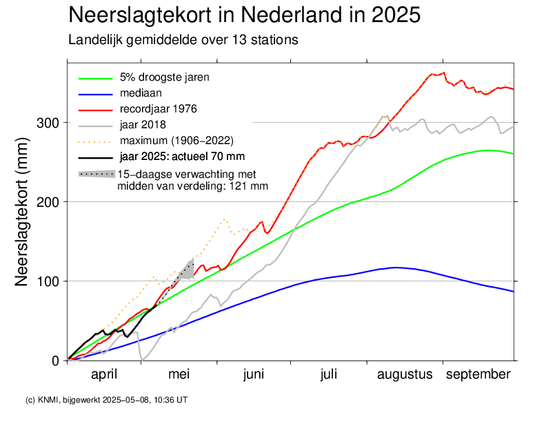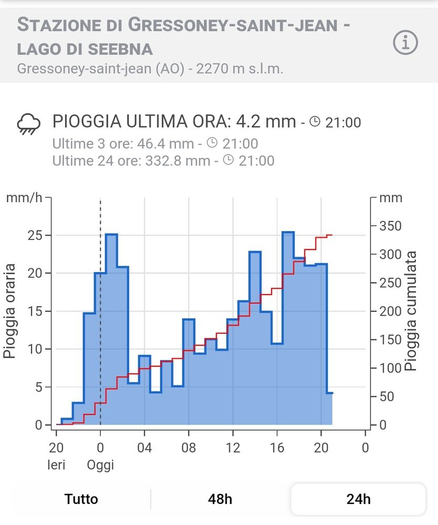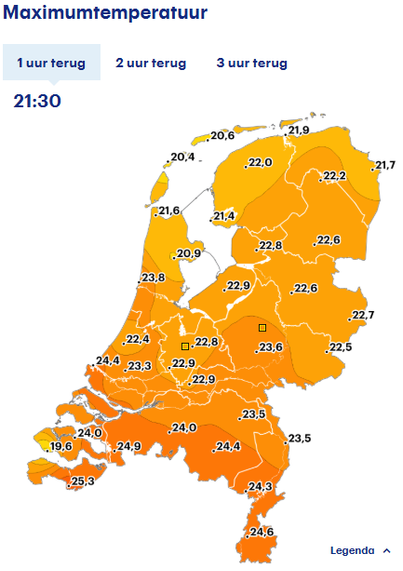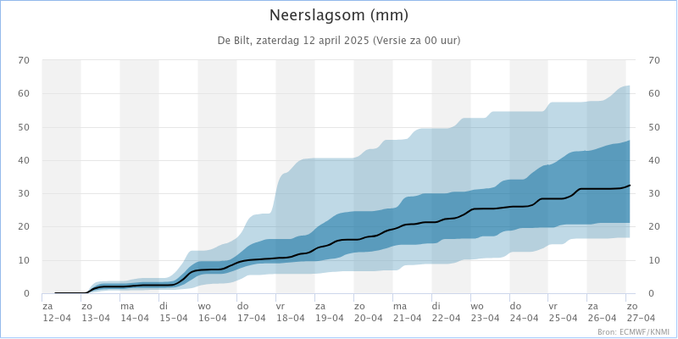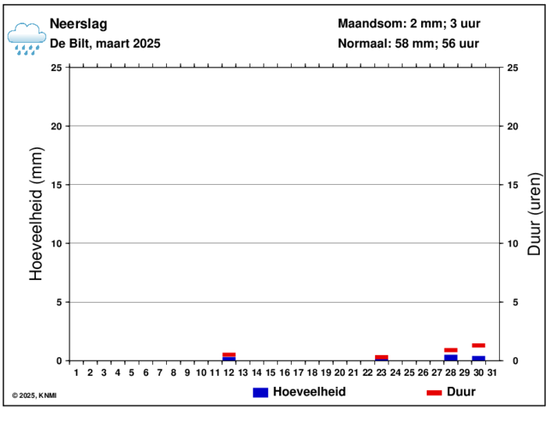New review article: Warming of +1.5 °C is too high for polar ice sheets.
"Multiple lines of evidence show that +1.5 °C is too high and that even current climate forcing (+1.2 °C), if sustained, is likely to generate several metres of sea-level rise over the coming centuries, causing extensive loss and damage to coastal populations and challenging the implementation of adaptation measures."
https://www.nature.com/articles/s43247-025-02299-w
#globalwarming #ClimateChange #ClimatechangeisWaterchange #sealevelrise
#ClimatechangeisWaterchange
Australia's New South Wales: massive flooding after more than 400 mm of rain fell within a week in all the dark purple places.
#ClimatechangeisWaterchange.
https://www.theguardian.com/news/ng-interactive/2025/may/23/nsw-floods-maps-flood-map-flooding-areas-zone-rainfall-interactive?CMP=aus_bsky
"The amount of water that fell was absolutely ludicrous," said the meteorologist.
"Everything is affected. This is unlike anything we've seen before," said the farmer.
Unprecedented, there's that word again.
#ClimatechangeisWaterchange
Dutch drought ain't over yet.
#ClimateChange #ClimatechangeisWaterchange
Spring 2025 so far is the 3rd driest on record here: only 39 mm rain in 71 days. On top of that, evaporation is high with lots of sunshine and low humidity.
#ClimatechangeisWaterchange
Dutch drought: Precipitation deficit since 1 April in the Netherlands is near record level, due to very little rain and lots of evaporation. It is now expected to already reach the normal August peak (~115 mm) within two weeks from now.
#drought #ClimateChange #ClimatechangeisWaterchange
The Madeira River, the largest Amazon tributary, has been losing water flow (10% / decade) over the last 20 years while facing severe droughts.
The first victim is the local population. But for the world as a whole, messing with the Amazon is not a good idea either.
https://news.mongabay.com/2025/05/amazon-people-brace-for-a-drier-future-along-the-endangered-madeira-river/
#ClimateChange #drought #climatechangeisWaterchange
via @mongabay
Torrential rainfall* in northeastern Italy today. Already 337 mm in 24 hours in Gressoney Saint Jean, north of Turin, south of the Matterhorn. Must lead to flooding.
*) snow above an altitude of 2400-2500 meters
#ClimatechangeisWaterchange
Today was day 43 of the Dutch drought, and it was unusually warm for this time of the year too. A total of 1.5 mm in 43 days is extremely rare, if not a first.
Tomorrow, we'll get a few mm of rain, and @knmi.nl foresees over 30 mm for the rest of the month, so this extreme period will soon be over.
#drought #extremeweather #ClimateChange #ClimatechangeisWaterchange
OK, it's official now. The Netherlands' main meteorological station in De Bilt has its driest month of March on record (1901-), by far.
With just 1.5 mm of rain, it was 97.4% below 'normal' (58 mm) and 79% below the 1929 record so far (7.1 mm).
No rain foreseen for the coming 14 days either.
#extremeweather #ClimateChange #ClimatechangeisWaterchange
Yesterday it was Brittany, France.
#ClimatechangeisWaterchange
https://www.bloomberg.com/news/articles/2025-01-28/storm-herminia-triggers-floods-in-france-alpine-avalanche-risks
How the uneven distribution of rain over the year, a known effect of climate change, created the conditions for Los Angeles' disastrous winter wildfires:
Lots of rain really in the year > plant growth. Extreme drought after that > fuel for the fires.
#ClimatechangeisWaterchange
The devastation from the Palisades fire extends for miles.
(Robert Gauthier / Los Angeles Times)
#ClimatechangeisWaterchange
https://www.latimes.com/california/story/2025-01-10/the-destruction-in-pacific-palisades-is-at-a-level-los-angeles-has-never-seen-everything-is-burned-down
5,300 buildings destroyed in one Los Angeles neighborhood by a climate-fueled wildfire.
#ClimatechangeisWaterchange
https://www.latimes.com/california/story/2025-01-09/even-after-a-two-day-nightmare-l-a-girds-for-more-days-of-fire-weather
Today, it's NW-England.
#ClimatechangeisWaterchange
https://www.bbc.com/news/articles/c93845l3q1zo
1200 km³ = 1200 billion m³ = 150 m³ fresh water lost for each and every one of us in earth. That's over 1,000 bathtubs.
#ClimatechangeisWaterchange
NASA satellites reveal abrupt drop in global freshwater levels. Around 2014, we lost 1,200 km³ and it didn't come back. More droughts, and higher rain runoff due to uneven distribution over the year.
#ClimatechangeisWaterchange
https://phys.org/news/2024-11-nasa-satellites-reveal-abrupt-global.html#google_vignette
